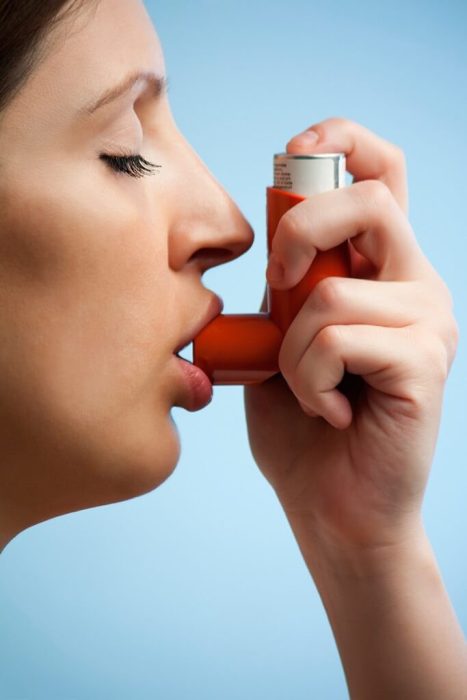Which birth months have highest disease risks?
This Week in Health: Which birth months have highest disease risks?

iStock
Location of study: U.S.
Study subjects: 1.7 million patients who’d been treated at New York-Presbyterian Hospital/CUMC between 1985 and 2013
Results: The idea that your birthday might play a role in disease susceptibility sounds like one reserved for the horoscope pages. But Columbia University scientists are backing it up with some hard data. Researchers report that, overall, the healthiest month to be born is May. On the flip side, October and November represent the highest-risk birth months. Early spring represented the highest-risk months for heart disease, while early fall was associated with respiratory illnesses. Those born in the early winter appear to be at higher risk for both reproductive issues and neurological disorders.
Significance: The research team took a close look at the birth dates and medical history of all study subjects, specifically zeroing in on nearly 1,700 diseases to see if they could find any links. The researchers confirmed 39 previously reported links. (For instance, Swedish researchers in the past have drawn an association between ADHD and November birthdays. The findings from the Columbia study support this idea.) What’s more is that researchers also discovered 16 new associations, over half of which were related to cardiovascular disease.
Location of study: U.S.
Study subjects: 872 adults
Results: Stubbing your toe, getting a traffic ticket, having a minor argument with your spouse—everyday life is full of small-scale stress. The question is: how do you react to it? According to new research out of Penn State, consistently failing to take it in stride may put you at higher risk for a variety of health issues, including heart disease. “In a national sample of middle-aged adults, we found that people who failed to maintain positive emotions when faced with daily hassles or demands had elevated levels of the inflammatory marker IL-6,” says Nancy Sin, a postdoctoral fellow in the Center for Healthy Aging and Department of Biobehavioral Health at Penn State. “Among women, those who experienced increased negative emotions when encountering daily stressors had higher C-reactive protein, an inflammatory marker that indicates cardiovascular disease risk.”
Significance: “The findings highlight the important, but often overlooked, contributions of positive emotions in stress processes,” says Sin. “In particular, people who tend to experience a dampening of positive emotions in response to stress may be at increased risk of physiological dysregulation.” She adds that hassles and minor frustrations are common in day-to-day living, but the study suggests that how people react to daily stressors may matter more than the frequency of such stressors.
Location of study: Denmark, Israel, Norway, Sweden and Western Australia
Study subjects: Over 5.7 million children
Results: “We now have confirmation that parental age is a risk factor for autism,” says Michael Rosanoff, director of public health research for Autism Speaks and co-author of a pivotal new study. “Older parents—both moms and dads—are at higher risk of having a child with autism, as are teen moms.” When compared to kids whose dads were in their 20s, children with fathers over the age of 50 were a whopping 66 percent more likely to be diagnosed with autism. Autism rates were also 15 percent higher for kids born to mothers in their 40s as opposed to their 20s. Teen moms were linked to an 18 percent increase in autism rates.
Significance: “This study is the largest to date on parental age and this unique, multinational database can now be used to look at dozens of other environmental risk factors for autism,” adds Rosanoff. In the meantime, the reasons behind the study’s findings remain unclear. In the case of advanced paternal age, it appears that genetic mutations in sperm increase as a man ages. But it still doesn’t explain all the other findings. At this point, a lot of question marks still remain.
Content provided by ZipTrials, a trusted source for the most up-to-date medical news and trending health stories.


















